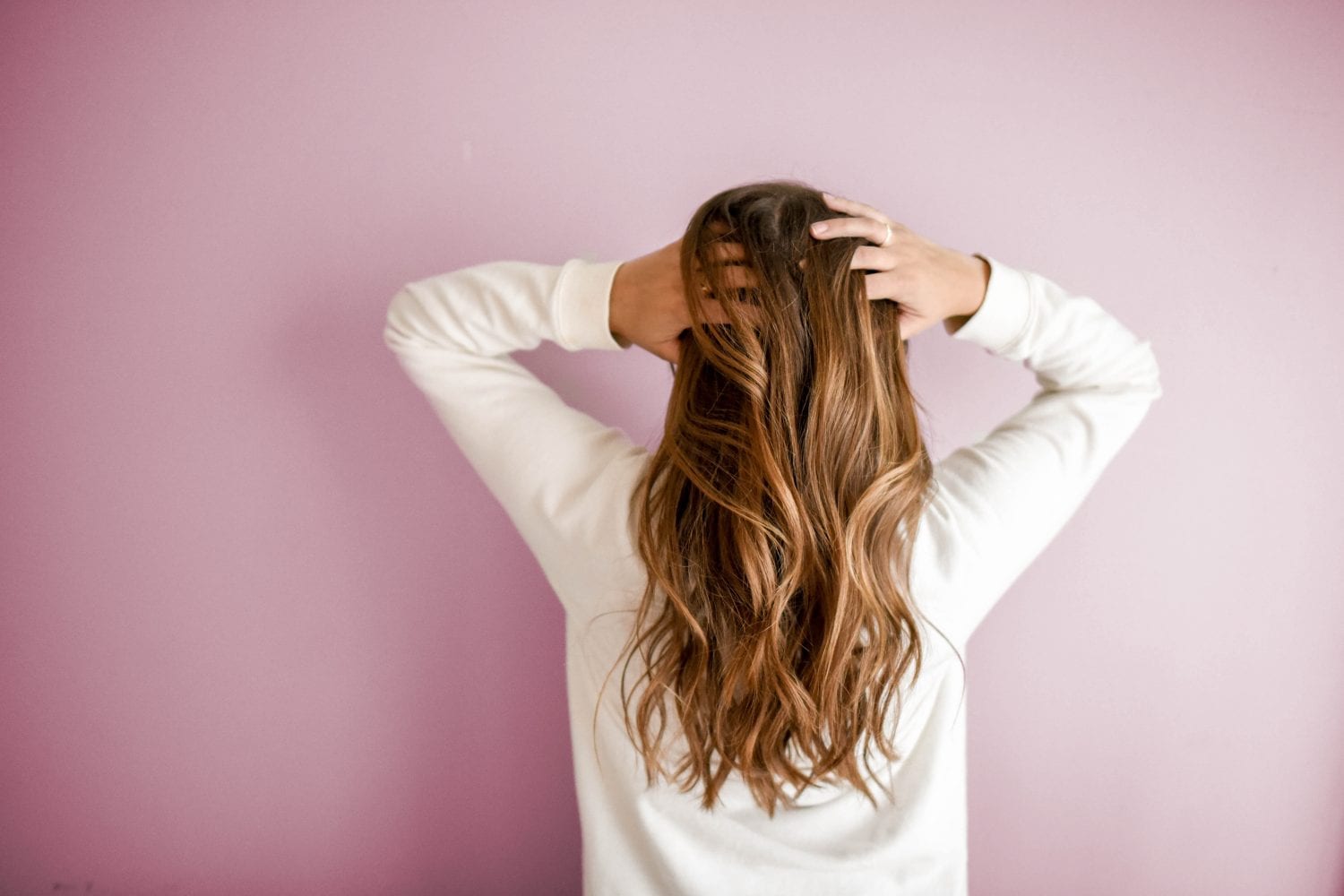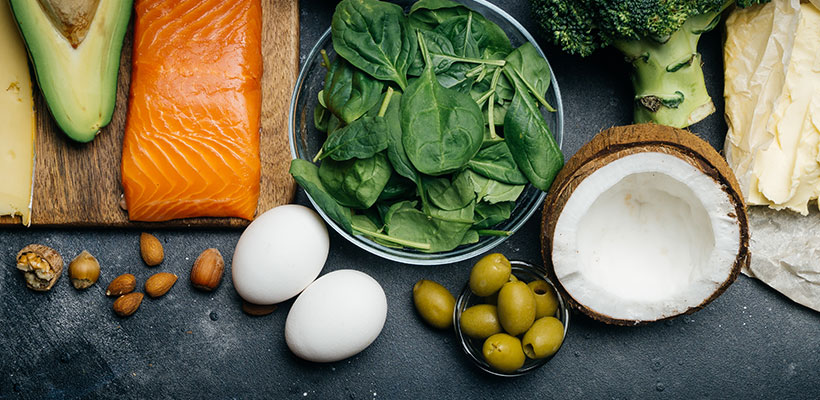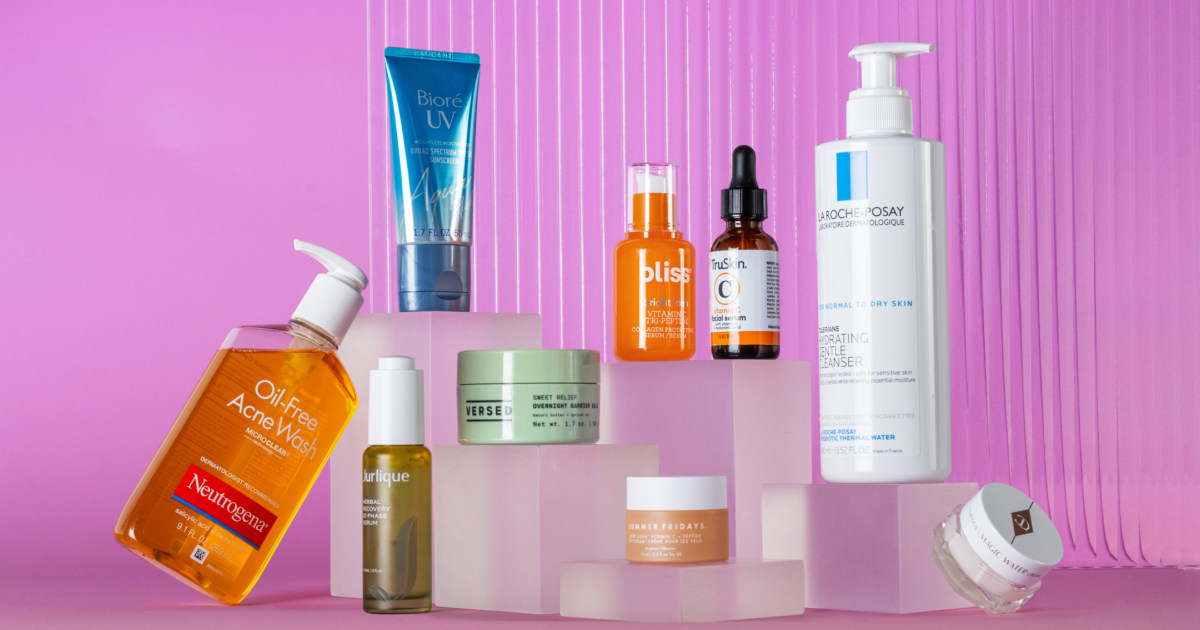Eating a healthy, balanced diet is essential for maintaining glowing and healthy skin. Certain foods are especially beneficial for skincare due to their rich content of vitamins, minerals, antioxidants, and healthy fats. Here are some of the best foods to include in your diet for better skin health:
1. Avocados
- Why They're Good: Avocados are rich in healthy fats, particularly monounsaturated fats, which help keep your skin hydrated and supple. They also contain vitamin E, an antioxidant that protects the skin from oxidative stress and UV damage.
- How to Incorporate: Add sliced avocado to salads, toast, or smoothies.
2. Berries (Blueberries, Strawberries, Raspberries)
- Why They're Good: Berries are packed with antioxidants, particularly vitamin C, which plays a crucial role in collagen production (important for skin elasticity). Antioxidants also protect the skin from free radical damage, which can accelerate aging.
- How to Incorporate: Enjoy berries as a snack, in yogurt, or add them to smoothies and oatmeal.
3. Fatty Fish (Salmon, Mackerel, Sardines)
- Why They're Good: Fatty fish are rich in omega-3 fatty acids, which help reduce inflammation, maintain skin moisture, and support a healthy skin barrier. They also contain vitamin D, which is essential for skin health.
- How to Incorporate: Grill, bake, or poach fatty fish for a healthy dinner, or add them to salads and wraps.
4. Nuts and Seeds (Almonds, Walnuts, Chia Seeds, Flaxseeds)
- Why They're Good: Nuts and seeds are excellent sources of vitamin E, zinc, and omega-3 fatty acids. Vitamin E helps protect the skin from sun damage and keeps it moisturized. Zinc is essential for wound healing and can help reduce acne.
- How to Incorporate: Snack on a handful of mixed nuts, add them to salads or smoothies, or sprinkle chia seeds on your yogurt or oatmeal.
5. Sweet Potatoes
- Why They're Good: Sweet potatoes are rich in beta-carotene, a type of vitamin A that acts as a powerful antioxidant and can protect the skin from sun damage and promote skin cell turnover.
- How to Incorporate: Roast or mash sweet potatoes, or include them in soups, salads, or stews.
6. Leafy Greens (Spinach, Kale, Swiss Chard)
- Why They're Good: Leafy greens are packed with vitamins A, C, and K, which are all beneficial for skin health. Vitamin A supports skin cell turnover, vitamin C helps with collagen production, and vitamin K plays a role in healing and reducing inflammation.
- How to Incorporate: Use leafy greens in salads, smoothies, or sauté them as a side dish.
7. Tomatoes
- Why They're Good: Tomatoes are an excellent source of lycopene, a powerful antioxidant that protects the skin from UV damage and supports collagen production. Lycopene also helps improve skin tone and texture.
- How to Incorporate: Add tomatoes to salads, pasta dishes, or enjoy them as a snack with a drizzle of olive oil.
8. Carrots
- Why They're Good: Like sweet potatoes, carrots are rich in beta-carotene, which helps protect the skin from the inside out by neutralizing free radicals and maintaining skin health.
- How to Incorporate: Snack on carrot sticks, add them to salads, soups, or make carrot juice.
9. Citrus Fruits (Oranges, Lemons, Grapefruits)
- Why They're Good: Citrus fruits are high in vitamin C, which is essential for collagen production and maintaining the skin’s firmness and elasticity. Vitamin C is also a potent antioxidant that helps protect the skin from environmental stressors.
- How to Incorporate: Drink fresh citrus juices, add orange or lemon slices to your water, or enjoy them as a snack.
10. Green Tea
- Why It's Good: Green tea is rich in polyphenols, particularly catechins, which have anti-inflammatory properties and help protect the skin from UV damage. Drinking green tea regularly can also promote skin hydration and improve skin elasticity.
- How to Incorporate: Drink a cup of green tea daily, or use it as a base for smoothies.
11. Dark Chocolate
- Why It's Good: Dark chocolate (70% cocoa or higher) is rich in flavonoids, antioxidants that protect the skin from damage and help retain moisture. It can also improve blood flow to the skin, promoting a healthy, radiant complexion.
- How to Incorporate: Enjoy a small piece of dark chocolate as a treat or add it to smoothies or baked goods.
12. Pumpkin
- Why It's Good: Pumpkin is high in beta-carotene and vitamin A, which help protect the skin from sun damage, prevent wrinkles, and support the skin’s ability to repair itself.
- How to Incorporate: Add pumpkin puree to soups, smoothies, or use it in baking.
13. Cucumbers
- Why They're Good: Cucumbers have a high water content, helping to hydrate the skin and keep it plump. They also contain antioxidants like vitamin C and caffeic acid, which help reduce inflammation and puffiness.
- How to Incorporate: Add cucumber slices to salads or drink cucumber-infused water for added hydration.
14. Turmeric
- Why It's Good: Turmeric contains curcumin, a powerful anti-inflammatory compound that can help reduce redness, puffiness, and promote a healthy glow. It can also reduce the risk of breakouts and support the skin’s healing process.
- How to Incorporate: Add turmeric to curries, soups, smoothies, or make turmeric tea (golden milk).
15. Yogurt
- Why It's Good: Yogurt is rich in probiotics, which help balance your gut bacteria and promote healthy, glowing skin. The probiotics in yogurt can also reduce inflammation and support the skin’s natural barrier.
- How to Incorporate: Enjoy plain yogurt as a snack, mix it with fruit, or use it in smoothies.
Bonus Tips:
- Water: Hydration is key to glowing skin, so make sure to drink plenty of water throughout the day.
- Limit Processed Foods: Try to reduce the intake of processed, sugary, and fatty foods, as they can contribute to acne and dull skin.
By including these nutrient-dense foods in your diet, you'll nourish your skin from the inside out, helping to maintain its natural radiance, elasticity, and youthful appearance.


